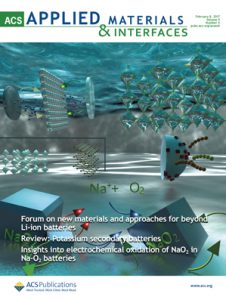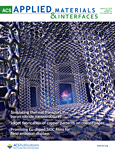 Researchers have retracted two 2016 papers from the same journal which were published without the permission of the supervising scientists.
Researchers have retracted two 2016 papers from the same journal which were published without the permission of the supervising scientists.
According to the retraction notices, the two Applied Materials & Interfaces articles were “published without the full knowledge or consent of the principal investigators” who guided the research, but are not named in the notices.
The papers share the same three authors, listed in the same order. Last author Fangqiong Tang and middle author Laifeng Li are principal investigators in different labs at the Chinese Academy of Sciences in Beijing. First author Nanjing Hao was formerly in Tang’s research group, but is now at Dartmouth College in New Hampshire.
Here’s the retraction notice for “Fabrication of Carbohydrate-Conjugated Fingerprintlike Mesoporous Silica Net for the Targeted Capture of Bacteria,” which was retracted only months after it was published in November 2016: Continue reading Two retracted papers were published behind bosses’ backs



